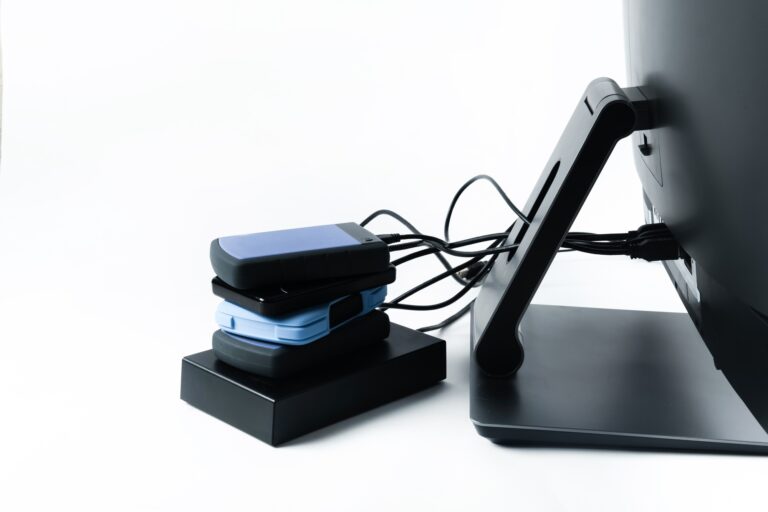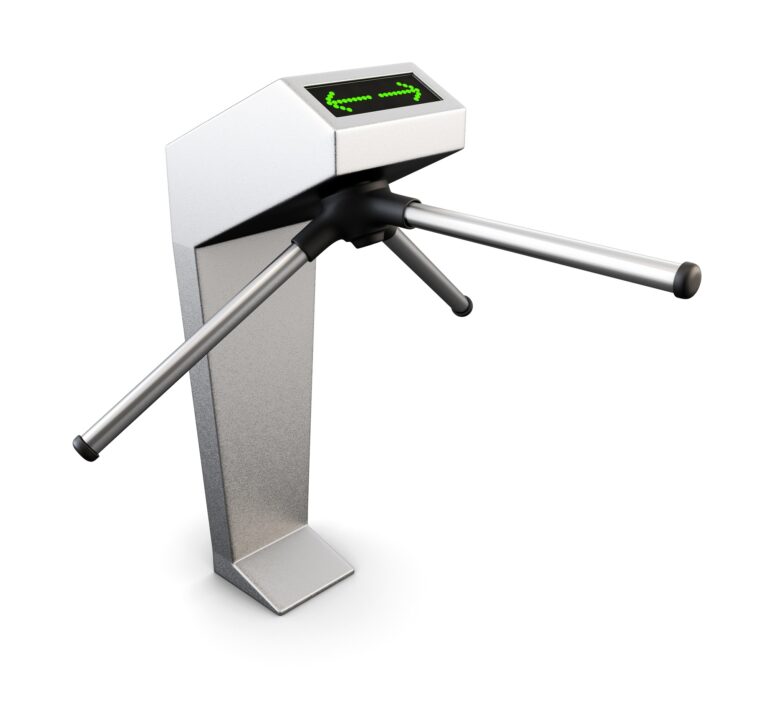How to Recover from a WordPress Hack Safely and Fully
It feels personal—but it’s not. Hacks happen to the best of us.
Why It Matters

A hacked site can destroy your traffic, reputation, and revenue.
Knowing how to respond (and prevent future damage) makes all the difference.
whywp.com was built to help users like you make smarter decisions with confidence.
Step 1: Identify the Hack
Clues your site’s compromised:
- Homepage is defaced
- You’re redirected to spam/pharma sites
- Google shows a warning
- Hosting provider suspends your account
- New users or code you didn’t add
Use Sucuri SiteCheck or Wordfence’s scanner to confirm.
Step 2: Put the Site into Maintenance Mode
Stop the bleeding. Use a plugin or .htaccess rules to block public access while you clean up.
Step 3: Backup the Current (Hacked) State
Why back up a hacked site? For forensic review and in case you break things during cleanup.
Use a tool like All-in-One WP Migration to capture everything.
Step 4: Clean or Restore
Option A: Restore a Clean Backup
If you know when the hack happened and have a clean backup, restore it.
Then update all plugins, themes, and core.
Option B: Manual Clean-Up
- Remove suspicious admin users
- Replace core files from a fresh WP download
- Scan with a tool like MalCare
- Check wp-config.php and .htaccess for injected code
- Replace theme and plugin files manually
Step 5: Change All Passwords
Every single one:
- WP Admin
- Hosting control panel
- FTP
- Database
- Your email (just in case)
Step 6: Harden the Site
Use your security plugin to:
- Enable two-factor authentication
- Limit login attempts
- Disable file editing from WP admin
- Set file permissions properly
Step 7: Request a Google Review
If your site was blacklisted or flagged, use Google Search Console to request reconsideration after cleanup.
Final Takeaway
Recovery is painful—but it’s doable. Follow the steps, take your time, and learn from it. And when you’re ready, whywp.com can help you build a stronger fortress for the future.
FAQ Section
Can my site get reinfected?
Yes—if you don’t find the entry point and fix it.
What if I don’t know how I got hacked?
Use logs and scanner tools to trace vulnerabilities. Or hire a cleanup service.
Should I tell my users?
If personal data was exposed, yes—legally and ethically.
Is restoring from backup always enough?
Not if the backup includes the malware. Test it before going live.
Can my hosting company help?
Good hosts often assist with cleanup. Some have malware removal as part of their plans.
Written by Chet from The Editorial Team.
Learn how we write and test all our content for accuracy.


